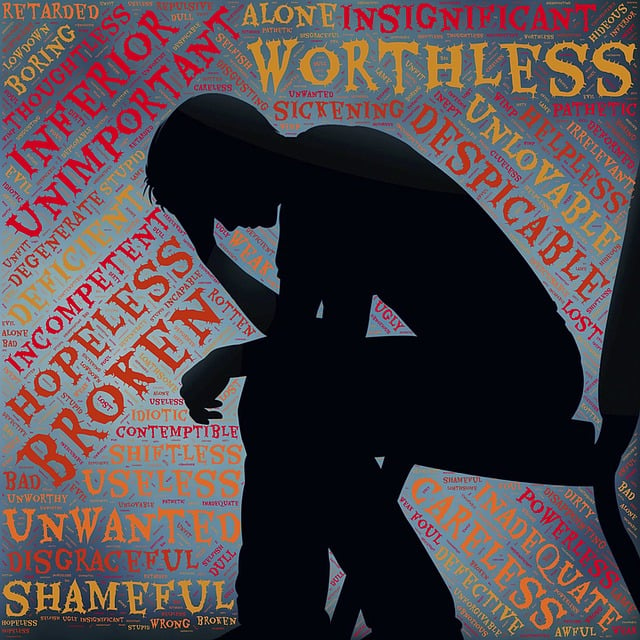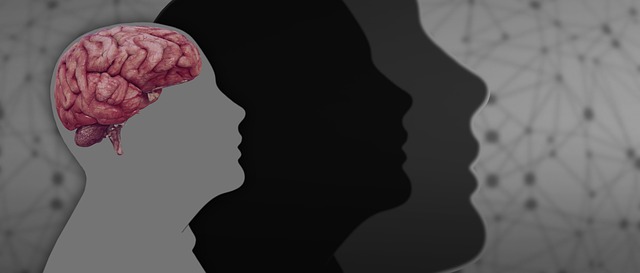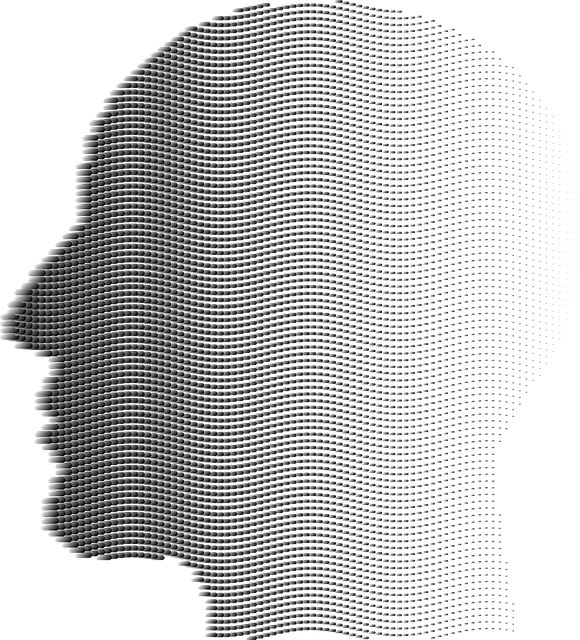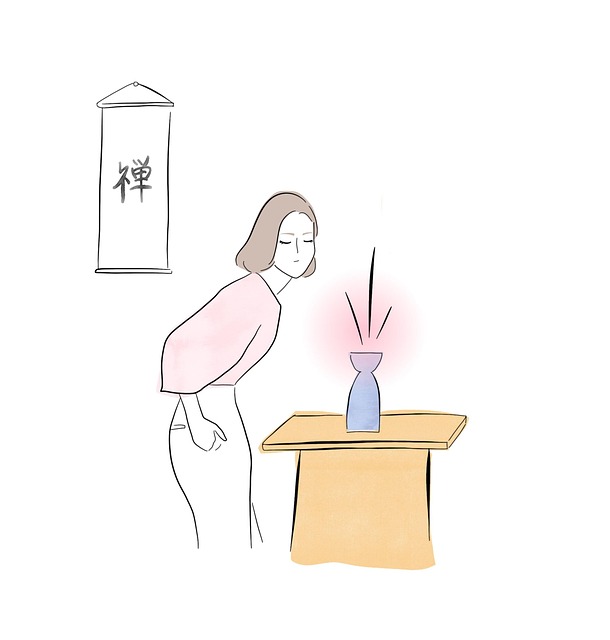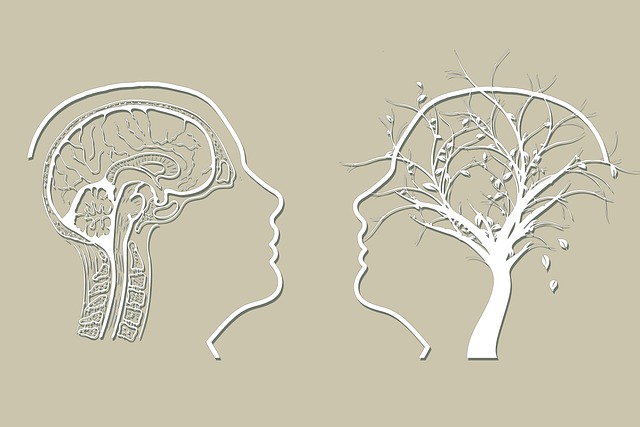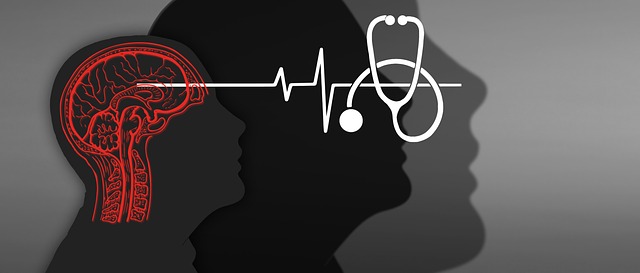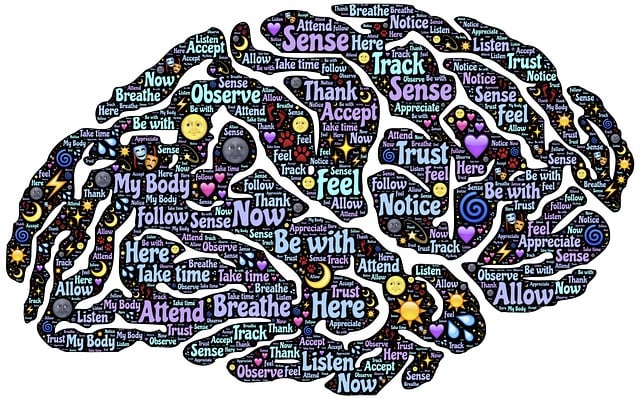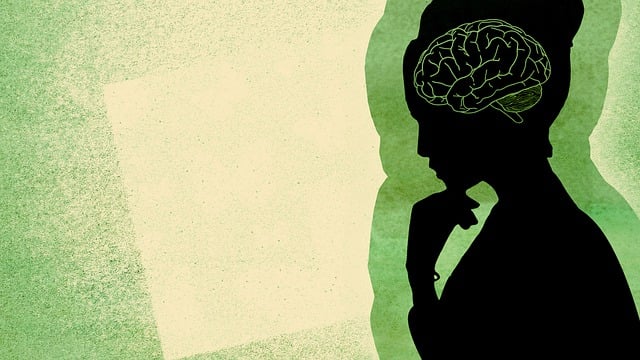Lafayette Mens Issues Therapy offers comprehensive crisis intervention services for men facing severe emotional situations, providing immediate support and long-term healing. Their approach includes assessment, safe space creation, emotion stabilization techniques, self-care promotion, and resilience building. Therapists identify distress triggers through observation, encouraging clients to share challenges in a supportive environment. Direct crisis response methods ensure physical safety and emotional stability. Post-crisis care involves ongoing therapy, peer support, and tailored coping strategies for enhanced recovery. With a focus on early intervention and cultural sensitivity, Lafayette Mens Issues Therapy empowers men to overcome mental health barriers and build resilience.
In the realm of mental health support, crisis intervention plays a pivotal role, especially within specialized contexts like Lafayette Men’s Issues Therapy. This article guides therapists and interested parties through a comprehensive crisis intervention strategy. We explore essential components, from understanding crisis dynamics to direct response techniques and post-crisis care. By delving into identifying triggers unique to men’s issues in Lafayette, we offer practical insights for effective crisis management, emphasizing the importance of resilience-building measures to prevent future crises.
- Understanding Crisis Intervention: A Brief Overview
- Identifying Signs and Triggers in Lafayette Men's Issues Therapy
- Direct Crisis Response Techniques for Therapists
- Post-Crisis Support and Follow-Up Strategies
- Preventive Measures: Fostering Resilience in Men's Mental Health
Understanding Crisis Intervention: A Brief Overview

Crisis intervention is a critical aspect of mental health support, focusing on providing immediate assistance to individuals facing severe or life-threatening situations. This approach recognizes that during crises, people often require swift and targeted strategies to cope with their emotional distress and make sense of their circumstances. It is a vital service, especially for men’s issues in therapy settings like Lafayette Mens Issues Therapy, where professionals are trained to offer effective guidance.
The process involves assessing the individual’s immediate needs, offering a safe space for expression, and employing techniques to stabilize emotions. This may include promoting self-care routines for better mental health, enhancing emotional intelligence to understand and manage feelings, and providing tools for self-esteem improvement. By these means, crisis intervention seeks to empower individuals to navigate challenging situations, ensuring they have the resources needed to recover and rebuild their resilience.
Identifying Signs and Triggers in Lafayette Men's Issues Therapy

In Lafayette Men’s Issues Therapy sessions, recognizing signs and triggers is a delicate art. Therapists are trained to listen beyond the words spoken, interpreting non-verbal cues and subtle hints that might indicate underlying struggles. This involves keen observation of emotional shifts, behavioral patterns, and physical manifestations of distress. Common indicators include sudden changes in mood, increased irritability, withdrawal from social interactions, or noticeable decline in work performance—all potential red flags requiring attention. By understanding these signs, therapists can create a safe space for men to open up about their challenges, fostering vulnerability essential for healing.
The role of triggers is multifaceted, often stemming from past experiences, current stressors, or specific environmental factors. These might include reminders of traumatic events, certain social situations, or even particular media content. In the context of Lafayette Mens Issues Therapy, therapists employ various techniques to help clients identify and manage these triggers effectively. Through structured discussions, guided reflections, and sometimes creative outlets like art therapy or writing exercises, individuals gain insights into their personal triggers. This awareness is pivotal in developing coping strategies, such as stress reduction methods and confidence-boosting techniques, ultimately empowering men to navigate their mental wellness journey with greater resilience.
Direct Crisis Response Techniques for Therapists

In the event of a crisis, therapists play a vital role in providing immediate and effective interventions to help individuals navigate challenging situations. Direct crisis response techniques are essential tools for Lafayette Mens Issues Therapy professionals, enabling them to offer prompt support during mental health emergencies. These strategies focus on assessing the individual’s immediate danger level, ensuring physical safety, and stabilizing emotional states.
One key technique involves active listening, where therapists give undivided attention to the client, allowing them to express their feelings and concerns freely. Effective communication strategies, such as open-ended questions and reflective listening, facilitate understanding and build rapport. Additionally, risk management planning for mental health professionals is crucial; it involves identifying potential risks, developing safety plans, and implementing community outreach program initiatives to promote early intervention and prevention.
Post-Crisis Support and Follow-Up Strategies

After an individual has received crisis intervention, providing ongoing support and follow-up care is essential for their long-term well-being. This phase builds upon the initial stability achieved during the crisis and aims to strengthen coping mechanisms, enhance resilience, and promote healing. A multifaceted approach often proves effective, involving various strategies tailored to the unique needs of each individual.
At Lafayette Mens Issues Therapy, we emphasize the importance of post-crisis support, which includes continuing therapy sessions, peer support groups, and encouraging the development of a robust self-care routine for better mental health. Healthcare providers play a vital role in this process by ensuring cultural competency training, fostering open communication, and offering resources that facilitate the client’s journey towards recovery. Effective communication strategies are key to building trust, understanding barriers to healing, and providing guidance during this sensitive period.
Preventive Measures: Fostering Resilience in Men's Mental Health

In addressing men’s mental health issues, a proactive approach is essential to supplement crisis intervention strategies. Preventive measures, such as fostering resilience, play a pivotal role in mitigating risks and promoting long-term well-being among men. Lafayette mens issues therapy emphasizes the importance of early identification and intervention, targeting common challenges like anxiety relief and stress management.
Building resilience involves equipping individuals with effective coping mechanisms tailored to their unique experiences and cultural backgrounds. Cultural sensitivity in mental healthcare practice is paramount, ensuring that interventions resonate with personal beliefs and values. By fostering an environment of understanding and trust, therapists enable men to confront and overcome barriers, strengthening their ability to navigate life’s challenges and enhancing overall mental health and resilience.
Crisis intervention is a vital component of men’s mental health support, especially in communities like Lafayette. By understanding the signs, identifying triggers, and employing effective direct response techniques, therapists can provide immediate assistance during crises. Post-crisis follow-up and preventive strategies, such as fostering resilience, are essential to long-term well-being. Integrating these approaches, as seen in Lafayette Men’s Issues Therapy, allows for comprehensive crisis intervention that not only addresses immediate needs but also promotes the resilience of men facing various challenges.

